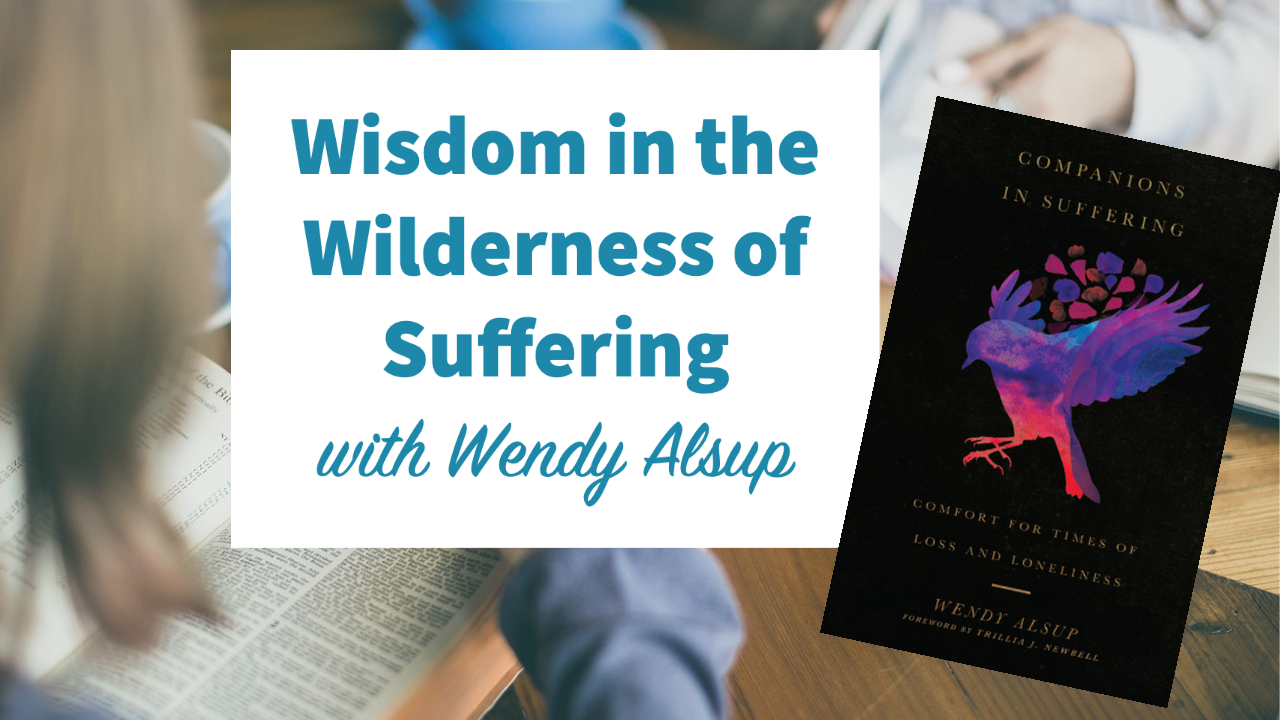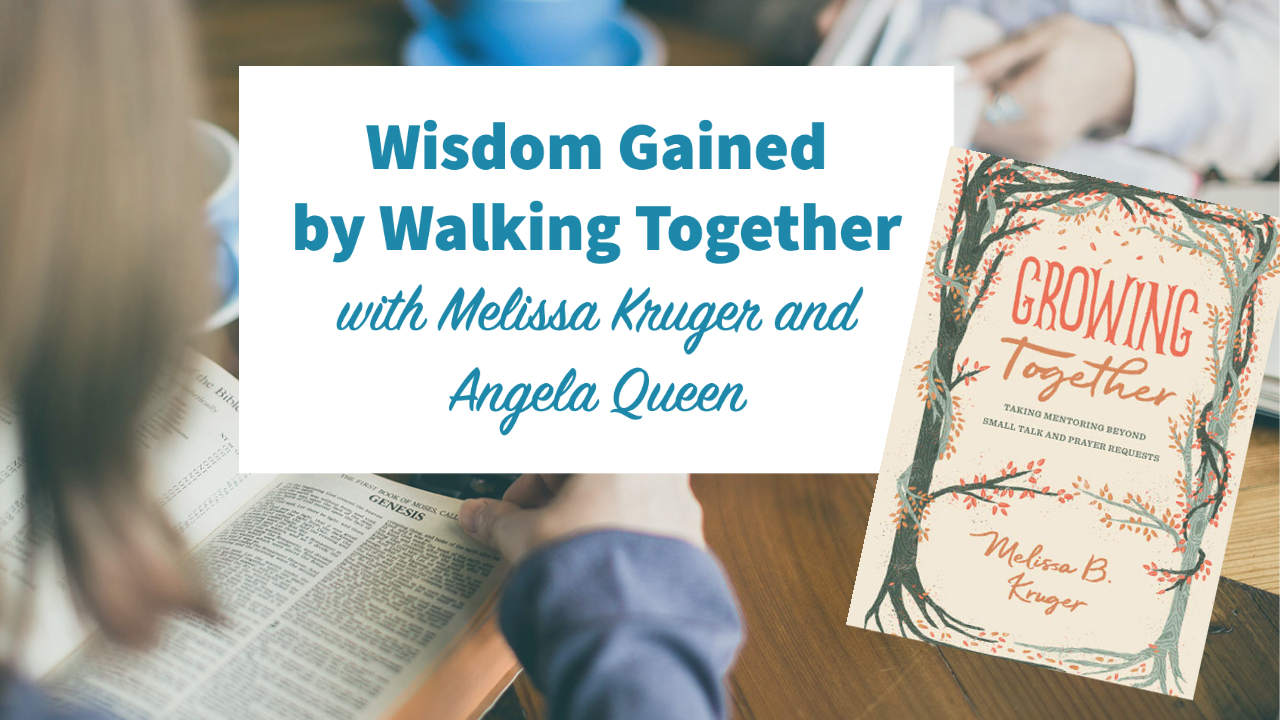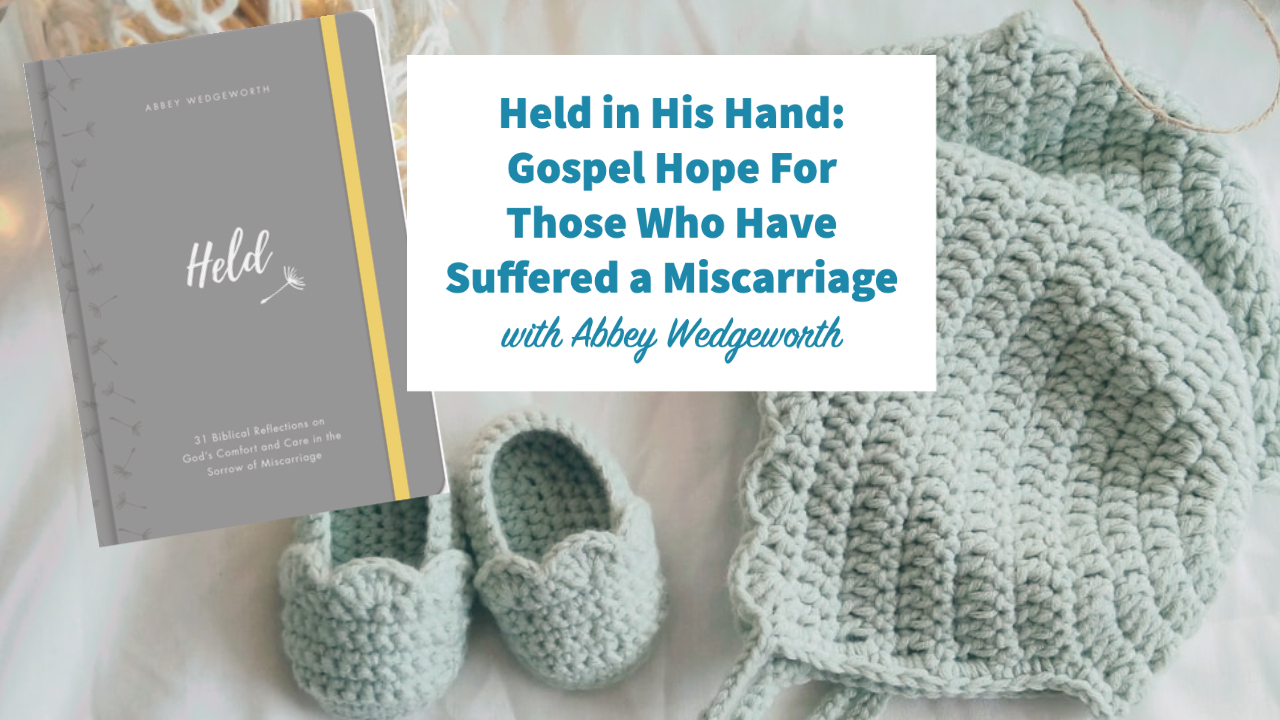Three Reasons to Study the Bible with Older Women
CHRISTINA FOX|EDITOR Over the years, I’ve participated in many Bible studies. Some were specifically for women in my age and stage of life, such as college and career, young marrieds, or those in the trenches of motherhood. Other studies included a mixture of women from varying ages. Yet even in those studies, I found myself gravitating toward my peers—women who were pursuing their careers or busy at home with young children or running everywhere with their pre-teens. I wanted to connect with women who knew what I was going through, who shared in a mutual understanding of the challenges of juggling work and home life or who were also wrangling little ones or navigating the challenges of the teen years. Recent years have found me in a Bible study where the majority of women are not in my age or stage of life; rather, they are older than I. These women are at or near retirement. Their daily concerns are not centered on the logistics of family life with children. Their conversations don’t focus on the daily challenges of work at the office. In fact, many have big concerns about real and frightening health issues. Or heart-breaking relational issues with their adult children and grandchildren. But you know what? Despite the difference in age, experience, and concerns of daily life, we have one key thing in common: our love for Christ. We are sisters in the Lord and these older, wiser sisters have taught me much. As it turns out, in the Kingdom of God, age is not a barrier to understanding. Just because someone is in a different stage of life than I, it doesn’t mean they can’t relate to me; rather, age is a bridge that leads to valued treasure—for the wisdom gained after years of walking with the Lord is a wealth of untold measure, a wealth we can all benefit from. Three Reasons to Study the Bible with Older Women God designed it that way: It may seem elementary—a truth many of us know—but it’s an important one to revisit. The Bible doesn’t say much about women’s ministry. Except in one place: Titus 2. In Paul’s letter to Titus, he instructs Titus in what a gospel centered church looks like. In the second chapter, he gives Titus specific instructions for various groups in the church, including women. That’s where Paul exhorts older women to disciple younger women (vv.3-5). These older women were to be spiritual mentors to the younger women in the church. They were to teach them what it means to love and submit to their husbands, how to glorify God in their mothering, and what it looks like to be a woman of God. These older women were to take what they learned from Titus’ preaching, apply it to their own lives, and then in turn help the younger women apply the gospel to their lives. Whether it is in one-on-one discipleship, a Titus 2 small group, a Bible study, or in an informal relationship, we all need to learn from older women. And what better way to learn than in the context of studying God’s word? As we dig into the Scriptures together, our older sisters in Christ can point us to truth. They can model for us how to live out the gospel in our daily lives....










